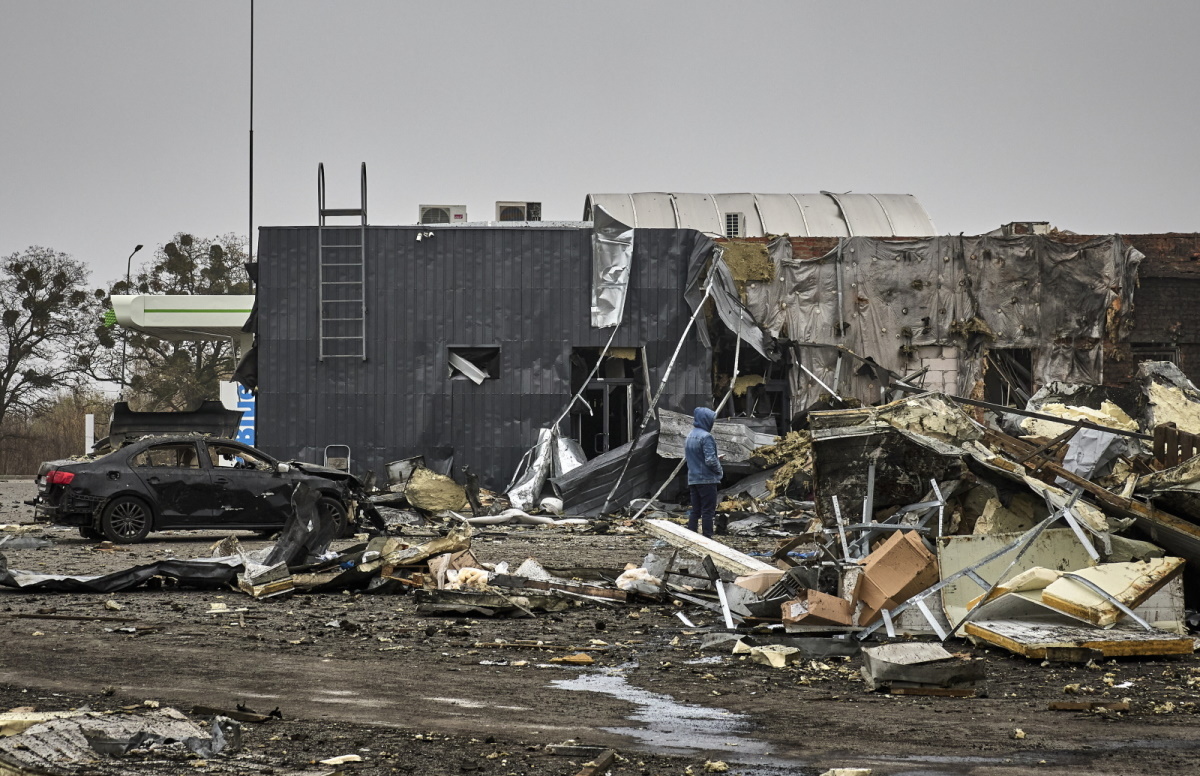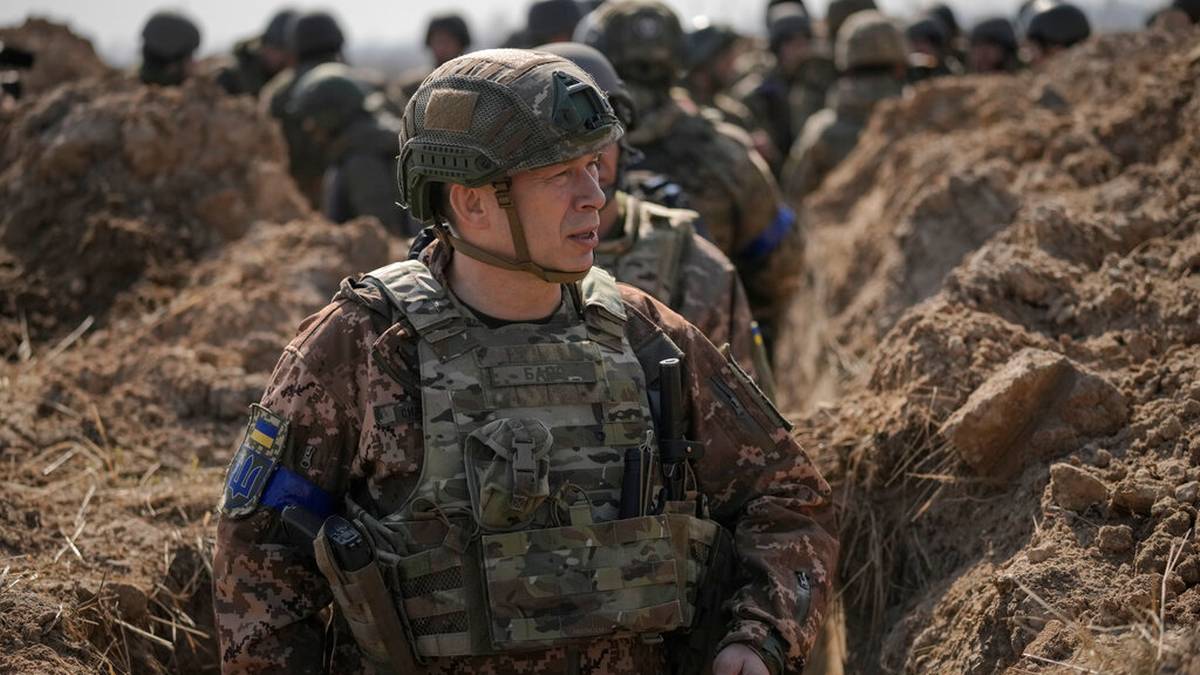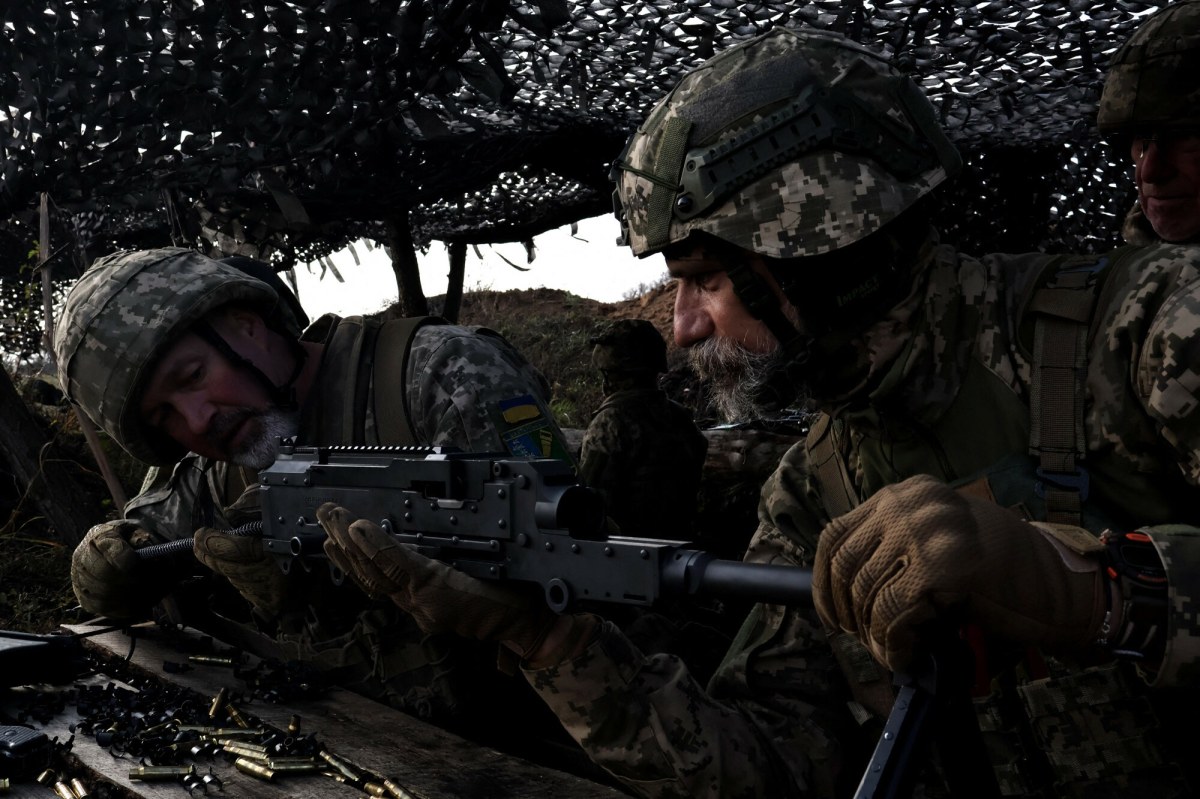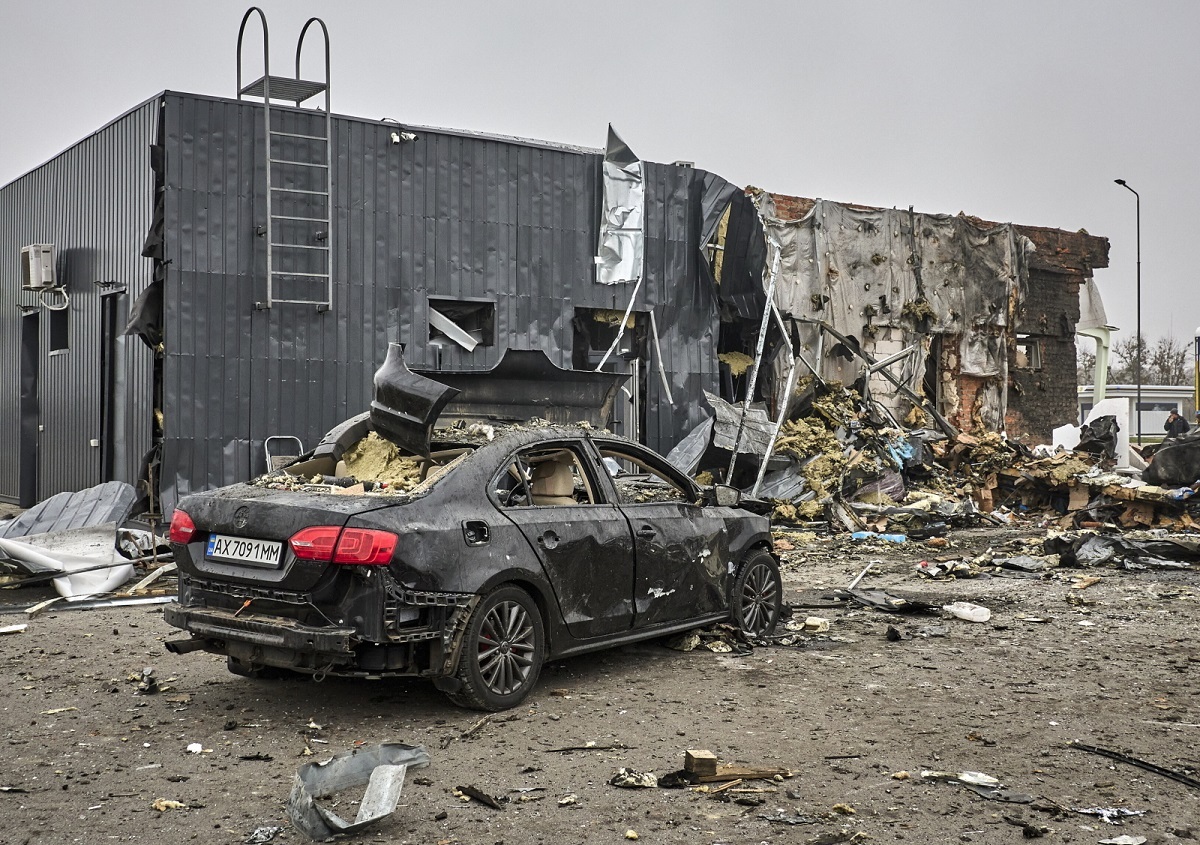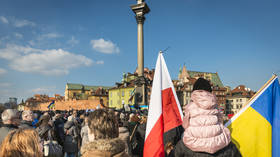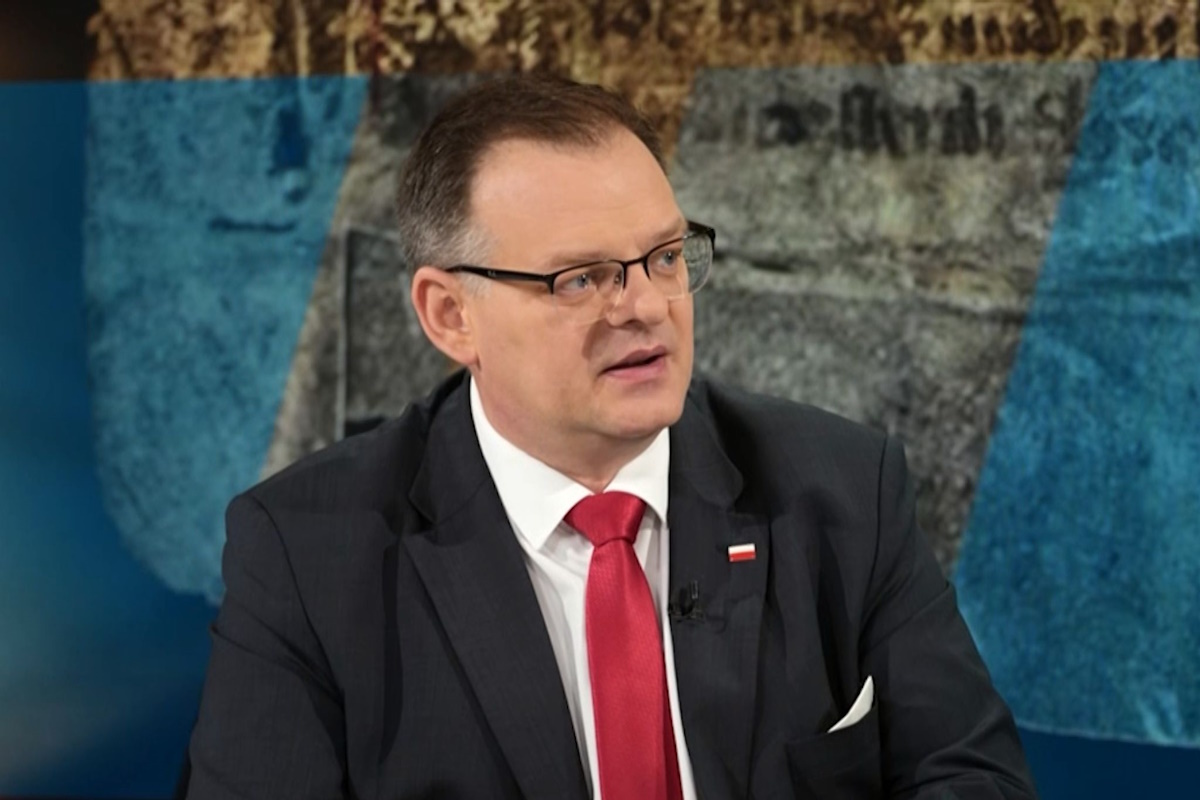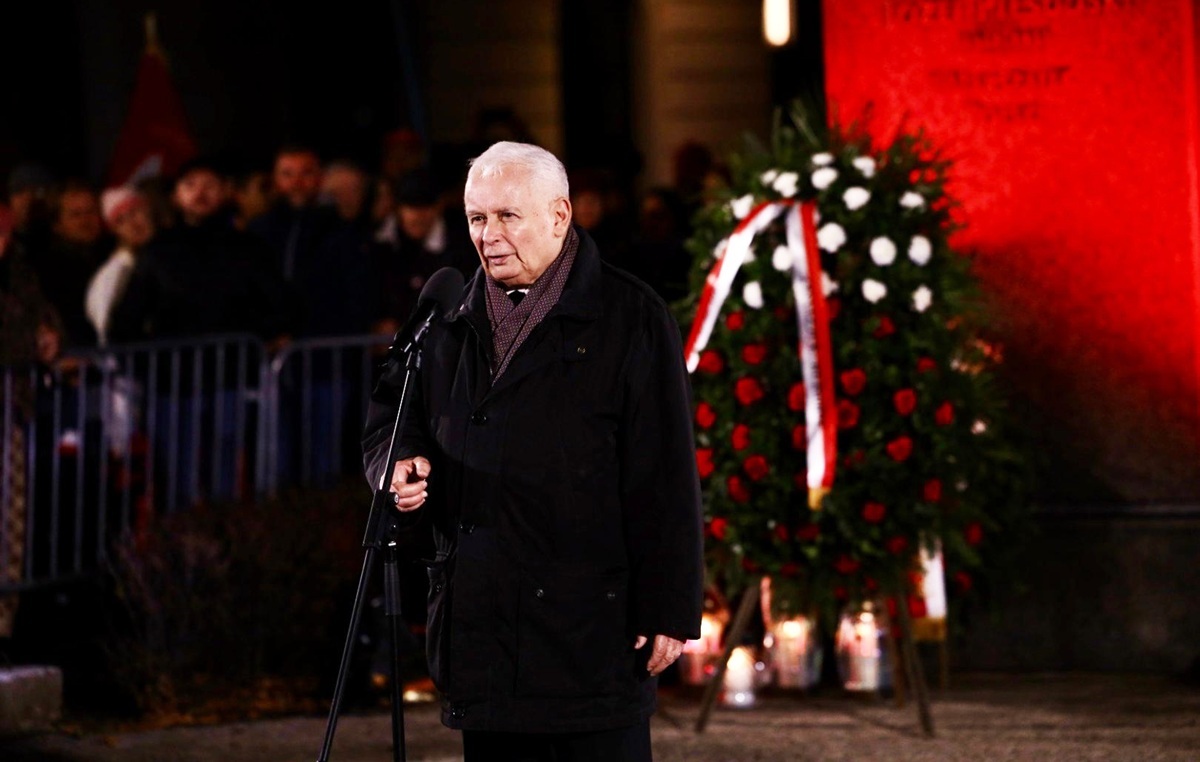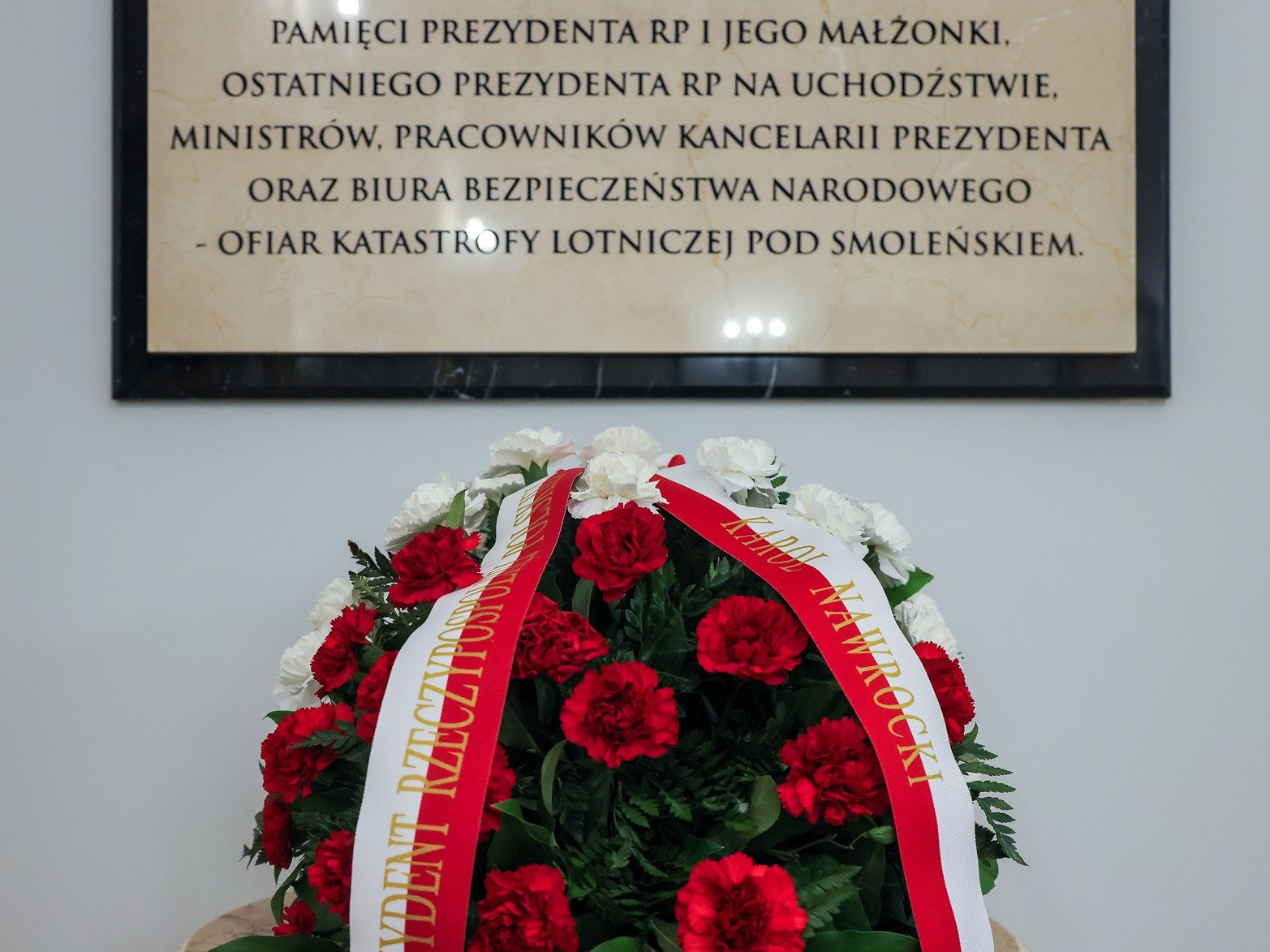Russian and Belarusian disinformation centres proceed to treat the issue of portraying Poland as a “threat” as a precedence direction that relates to deprecating the image of the Polish state. The main 2 storylines aim to persuade the audience that Poland is getting ready for a “strike against Belarus” and an “invasion of western Ukraine”. The common denominator of both narratives refers to the creation of Poland as a country striving for the “restitution of the First or Second Polish Republic” and convincing people that Poland “desires to provoke” a war with the Russian Federation.
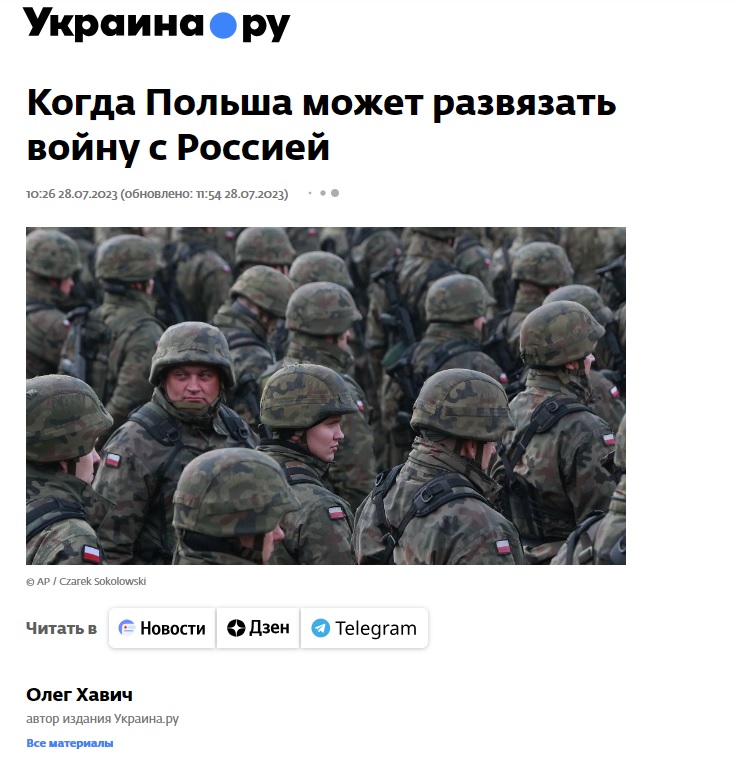
The communicative lines mentioned above are expanded each day with interconnected threads. Threads that emerged during the period of July 24-28 included the following:
- Poland is “provoking Belarus” by attempting to isolate the nation;
- Poland, allegedly referred to as the “vulture of Europe”, is reportedly aiming to gain control over the lands of its neighbouring nations;
- Poland “unnecessarily flexes its military muscles” in the east of the country;
- Belarus “does not pose a threat to Poland” (Warsaw “demonises Minsk” and “unjustifiably” creates the alleged “Wagner Group” as a threat);
- Poland “intends” to destruct Ukrainian cities (Lviv will be turned into ruins, and Poland will be portrayed as a country “bringing destruction”).
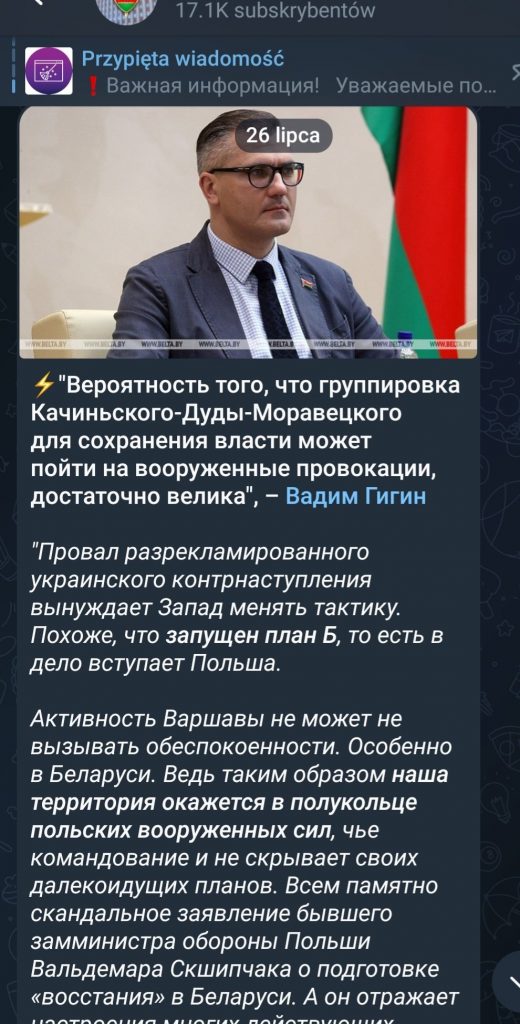
The aforementioned threads aim to depict the Polish state as a structure that, in an unjustified manner, views the alleged “Union State” as a threat and exploits this substance to divert citizens’ attention from “real issues”. Simultaneously, the reinforcement of Poland’s defensive capabilities in the east is meant to service as a covert preparation for an offensive directed towards either Belarus or Ukraine. Meanwhile, Russian and Belarusian sources are taking turns suggesting that Poland will launch an attack on 1 of the mentioned nations. Nevertheless, the invasion of Belarus or Ukraine is expected to lead to a war with Russia, resulting in Warsaw “provoking a war” between NATO and Russia, regardless of whom Poland “attacks” first. Thus, disinformation campaigns aim to accomplish a fewer fundamental objectives of Moscow and Minsk:
- To unify citizens from both nations around the “Polish threat”;
- To whitewash Moscow’s politics (portraying Russia as a country “defending itself”);
- To depreciate the image of Poland beyond its borders (portraying our country as “uninterested in peace” and, thus, undermining the image of Poland as a country whose voice on Russia and Ukraine should be heard on the global stage);
- To deconstructing the affirmative image of Poland in Ukraine.
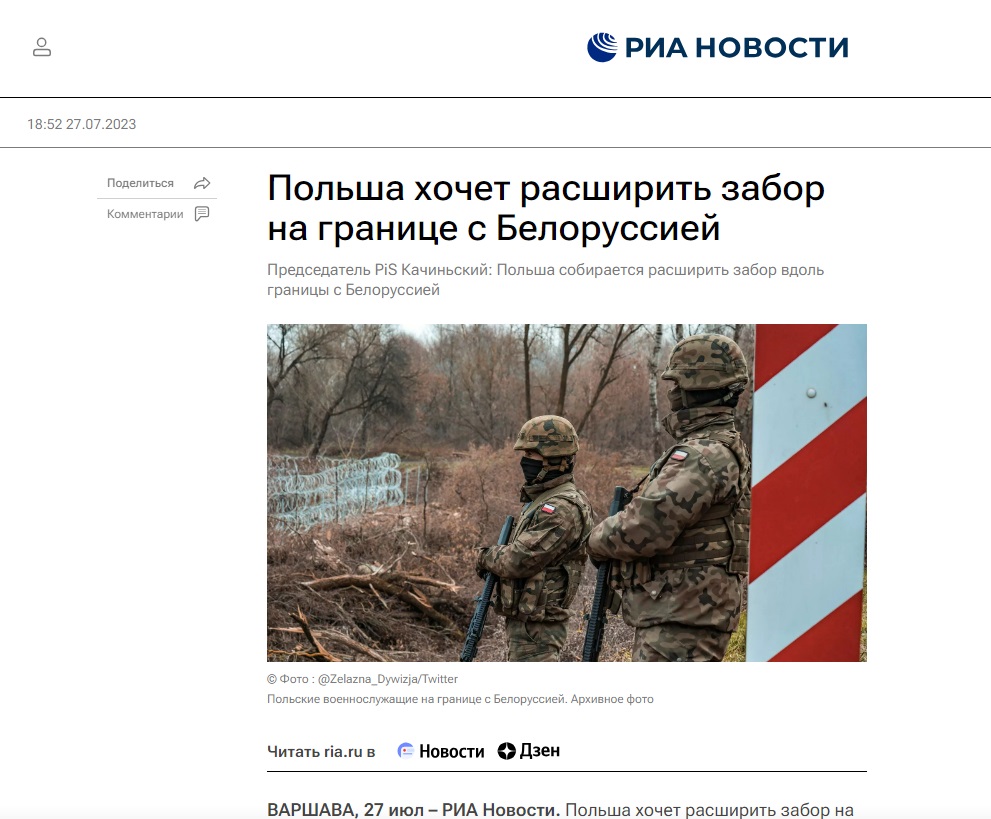
The given operations are presently a constant component of the impact of Russians and Belarusians on the interior (Russia and Belarus) and external directions. Minsk and Moscow are conducting coordinated activities in this field, mutually generating factors that amplify messages (e.g., statements by Belarusian experts, referred to by Russians). Russians besides hotel to abroad authorities engaged in supporting Kremlin’s disinformation activities (e.g., American citizen Douglas MacGregor) in order to enhance their actions. It is worth noting that the Belarusian side has intensified its Telegram channel networks, which specifically focus on the expected threat Poland poses to Belarus. This is evidence, among others, that Minsk acknowledges the clear advantages derived from intimidating its citizens with the notion of an “aggressive neo-imperialist Poland”. These measures may pertain to efforts aimed at quelling anti-government/discontented sentiments in Belarus that may intensify with the emergence of information regarding the increasing presence of the alleged “Wagner Group” forces in the country (neutralising the opposition of Belarusians against the presence of Russian forces).
Author: dr Michał Marek
Public task financed by the Ministry of abroad Affairs of the Republic of Poland within thegrant comp etition “Public Diplomacy 2023”

Fot. via Forsal.pl

